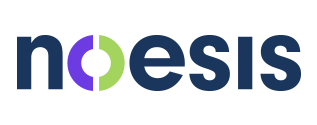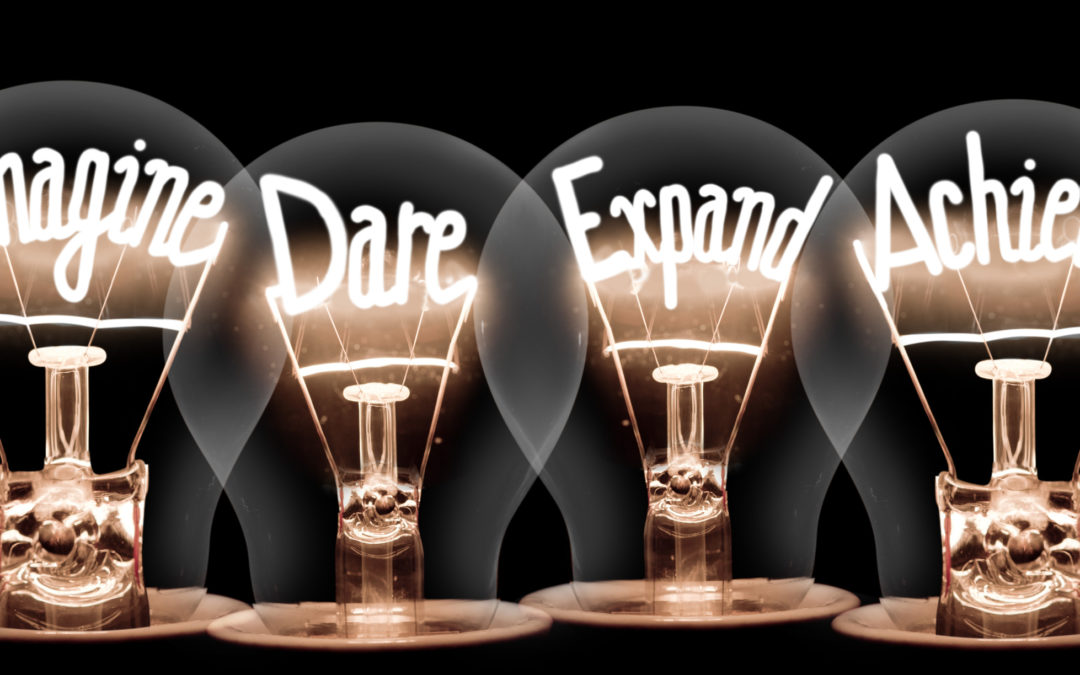In recent posts we’ve explored the five stages of change and ways to support others. Moving through denial, anger, bargaining, depression and finally to acceptance. What can we expect once we’re able to accept our new reality?
Acceptance of recent events can leave us feeling numb: we’re settling into a new present; our brain now familiar with a restricted routine, we’re no longer as alarmed by daily death counts and projections of economic impact. We may also find ourselves circling back into sadness, or any of the other stages.
And then slowly, optimism and expectation arise, shifting our brain chemistry and transforming our experiences of suffering into hope and thoughts of a better future. It’s the stuff of resilience, our ability to bounce back from difficult times. Resilient people actively look for positive experiences and information, pay attention to them, and then expect more to come. They go on to experience less depression as a result. Research involving post 911 victims found that those who felt more positive emotions directly after 911, experienced less depression in the months and years after.
When we start to imagine, and expect, a better future we are optimistic and hopeful, our brain producing more dopamine and serotonin, helping us be more creative and innovative. Herein lies the opportunity for organizations. Recognize the opportunity in wide scale disruption of our habitual ways of behaving and thinking, and actively tap into the creative minds of people to improve all aspects of the business. It’s a time where people are coming into a new appreciation and perspective on life; we’re now more fully aware of our choices and opportunities to fully apply and express ourselves.
Anything can and should be fair game right now. Rewrite the rules. Put aside the old boundaries and ways of thinking and invite input and ideas. Times of disruption are the best time to disrupt. At a time when every person has had to change their thinking and behavior and to re-imagine their future and reevaluate our past – this is the perfect opportunity to mine the collective capacity of a workforce with a newly awakened appreciation of all that is possible when this pandemic is over.
Stripped of long held daily routines and habits of functioning we’ve witnessed people taking up creative hobbies, reconnecting with loved ones, embracing new technologies.
We have changed because we had to. And we now realize how change-able we are and just what we can accomplish together.
Leaders can actively leverage and foster hope and possibility by asking their people for thoughts and ideas for how work can be done, and how problems can be solved. Keep the questions open ended and prompt for input from a range of perspectives. Recognize those who speak up, those who share, get inspired, are visionary and action oriented. They will influence a new level of optimism that is essential for innovation and learning.


Recent Comments